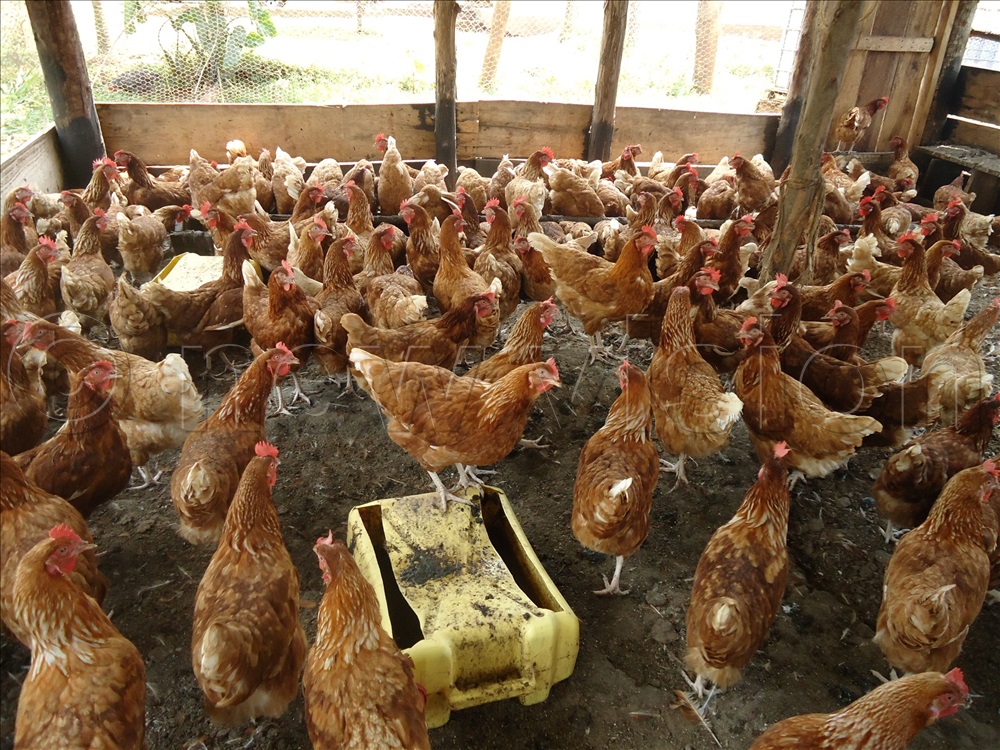By Umar Nsubuga
Maureen Nakirijja, a resident of Lwadda A, Matugga village in Wakiso has 200 birds that started laying in mid-February.
By mid-March, they were laying 140 eggs per day, however, early this month (April) they reduced to about 100.
“These days they don’t lay more than 125 eggs. I give them 140 kg of feeds per week. I have tried giving them egg formula, deworming and other drugs, but the production is not increasing. My fellow farmers are advising me to change the feeds,” she says.
Charles Muwanga, a veterinarian says Nakirijja’s production is too low.
“You should expect between 140 and 180 eggs, or even better. Many factors affect egg production, the first one is what you have disclosed, feeding,” he says.
He says two hundred layers need not less than 182kg of a well-balanced feed per week. Also, poultry need continuous access to clean and cool water to drink.

“Make sure you have fresh water day and night. Egg production reduces during the hot season. So, it is likely that the heat of the last two months affected their production,” he explains.
Other issues like ventilation and hygiene grossly affect egg production. Muwanga explains that the poultry room should be cool enough and have a continuous but gentle flow of fresh air. Layers require a floor space of two feet per bird.
“Over-crowding also reduces egg production. It is also possible that you have human parasites. If your birds produce 150 eggs and somebody steals 30, you will think they are under-producing,” he says.





